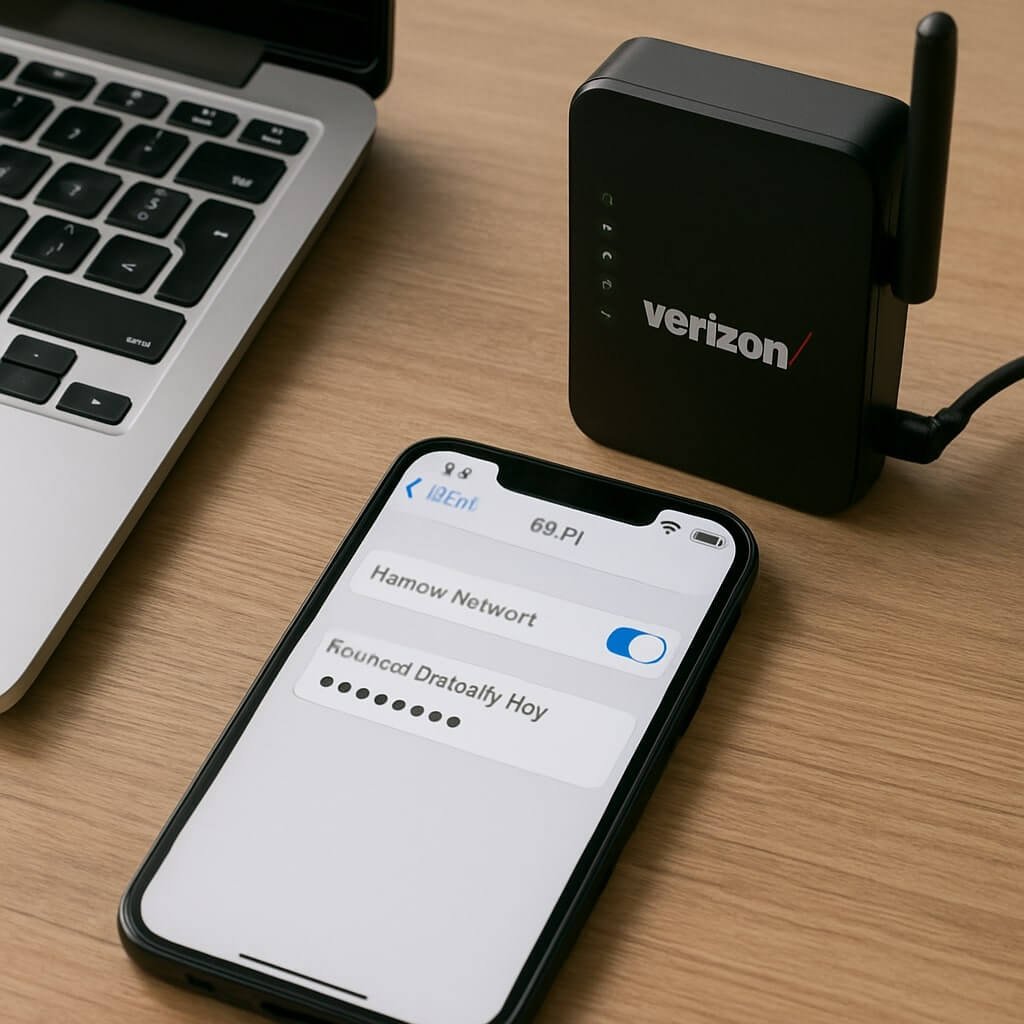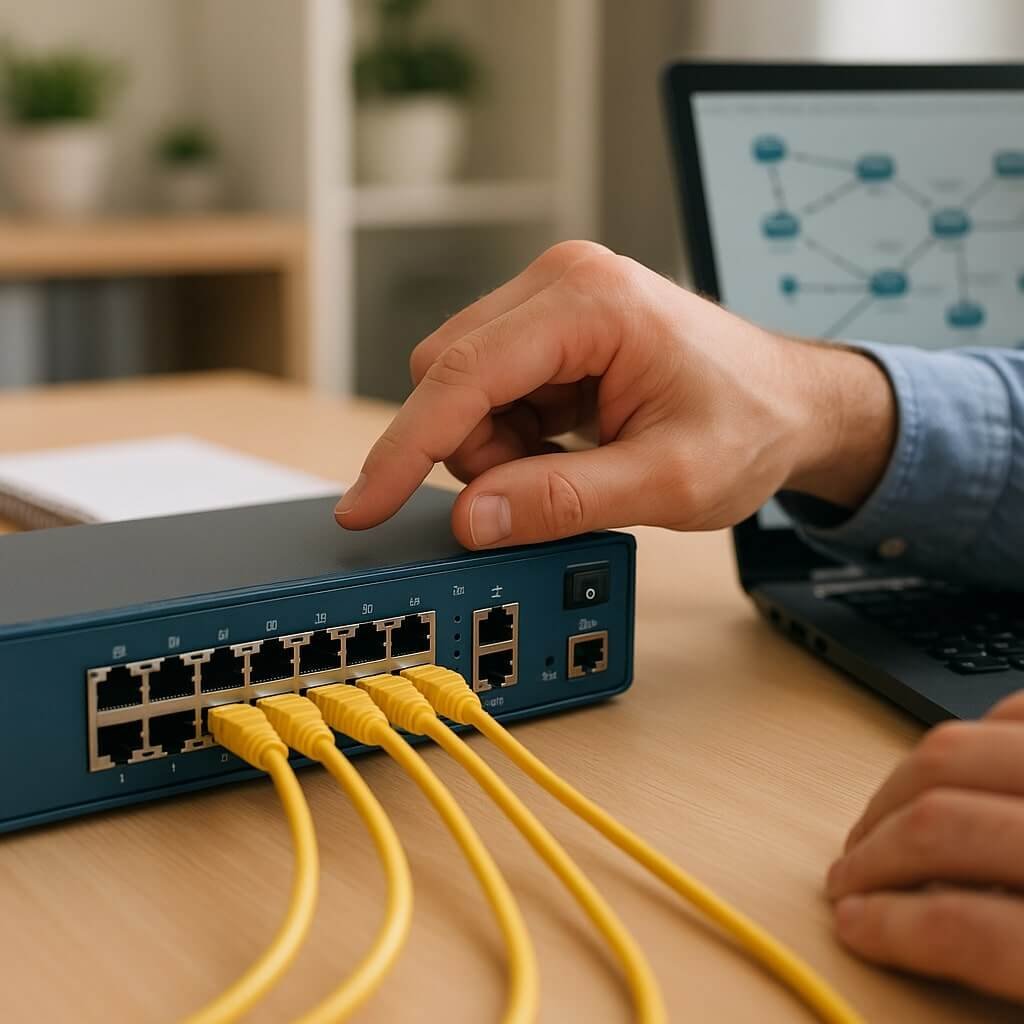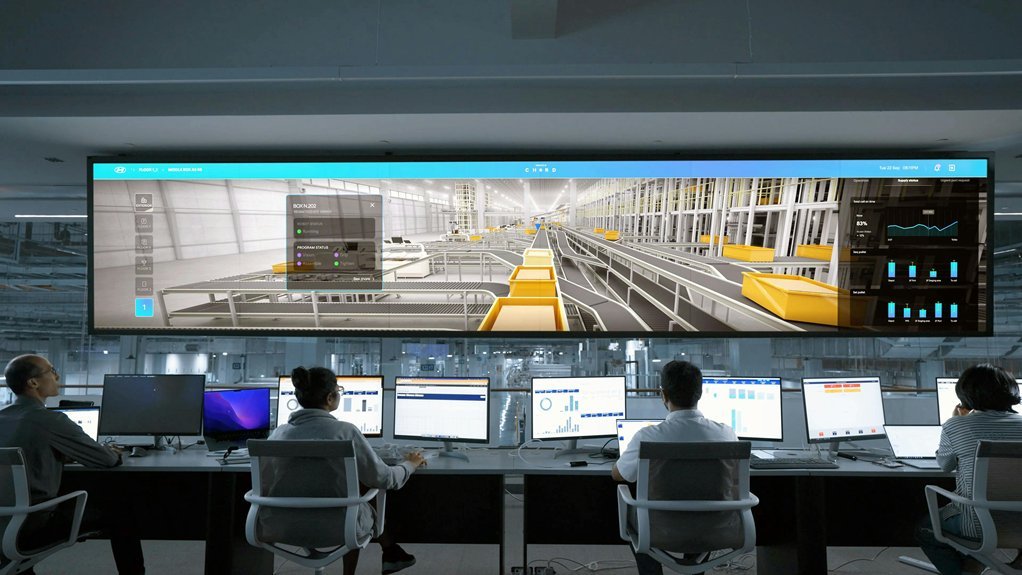When considering how vector security networks operate, it’s essential to understand their multi-layered architecture. These systems leverage firewalls, intrusion detection, and encryption to protect sensitive information. Each component plays a distinct role, ensuring that data remains secure while enabling seamless transmission. However, the integration of advanced monitoring technologies raises questions about their effectiveness in real-time threat detection. What happens when these systems face evolving cyber threats?
Key Takeaways
- Vector Security Networks integrate multiple security measures to protect data and infrastructure through established protocols governing data transmission.
- They utilize layered security features like firewalls, intrusion detection systems, and encryption to mitigate vulnerabilities.
- Continuous monitoring with key sensors, cameras, and AI-driven analytics enhances threat detection and response capabilities.
- Real-time surveillance sends alerts to security personnel for immediate intervention during unusual activities.
- Integration with smart home devices centralizes management, improving efficiency and user experience while maintaining high-security standards.
Understanding Vector Security Networks
Understanding Vector Security Networks requires a grasp of how these systems integrate various security measures to protect data and infrastructure.
You need to appreciate the role of security protocols within the network architecture, as they form the backbone of reliable operations. These protocols establish rules governing data transmission, ensuring confidentiality, integrity, and availability.
You’ll find that a robust network architecture incorporates layered security features, including firewalls, intrusion detection systems, and encryption methods, to create an all-encompassing defense against threats.
Each component must align with the security protocols to enable seamless communication while mitigating vulnerabilities.
Key Components of Vector Security Systems
The effectiveness of Vector Security Networks hinges on several key components that work together to fortify the system against various threats.
At the core of these systems are key sensors, which include motion detectors, cameras, and environmental sensors. These devices continuously monitor their surroundings, providing real-time data that enhances threat detection.
Additionally, the network topology plays an essential role in the system’s reliability and efficiency. A well-structured network topology guarantees seamless communication between sensors and the central control unit, minimizing latency and maximizing response times.
Advanced Technology in Security Monitoring
In today’s security landscape, you’ll find cutting-edge surveillance solutions that integrate seamlessly with intelligent threat detection systems.
These technologies not only enhance monitoring capabilities but also enable real-time response to potential threats.
Cutting-Edge Surveillance Solutions
As security threats evolve, cutting-edge surveillance solutions leverage advanced technologies to enhance monitoring capabilities and provide real-time insights.
You’ll find that these systems utilize cutting-edge cameras and remote monitoring features to guarantee thorough situational awareness.
- High-definition video quality for precise identification
- Cloud storage enabling easy access to footage from anywhere
- Mobile app integration for real-time alerts and notifications
- AI-driven analytics to track behavioral patterns and anomalies
These innovations not only improve the effectiveness of surveillance but also facilitate quicker response times to potential incidents.
Intelligent Threat Detection Systems
While traditional surveillance methods offer some level of security, intelligent threat detection systems elevate monitoring capabilities by employing sophisticated algorithms and machine learning techniques.
These systems focus on anomaly detection and behavioral analysis to identify potential threats in real-time. By continuously analyzing data patterns, they can recognize deviations from normal behavior, allowing for swift response actions.
For instance, if an individual accesses sensitive areas outside standard hours, the system flags this as an anomaly, prompting further investigation.
Additionally, the integration of historical data enhances the accuracy of threat identification, reducing false positives. As a result, you gain a more proactive security posture, ensuring a robust defense against evolving threats that traditional methods might overlook.
Real-Time Surveillance and Response
Real-time surveillance and response systems are essential for maintaining security in dynamic environments, allowing you to monitor activities as they happen. By utilizing advanced video analytics, these systems can detect unusual behaviors and generate emergency alerts instantly, guaranteeing timely intervention.
- Continuous monitoring of premises
- Automated threat detection through video analytics
- Real-time alerts sent to security personnel
- Integration with response protocols for swift action
These features empower you to respond to security threats effectively, mitigating risks before they escalate.
With the ability to analyze video feeds in real-time, your security network becomes proactive rather than reactive, enhancing overall safety. By leveraging these technologies, you’ll guarantee a secure environment that adapts to evolving threats.
Integration With Smart Home Devices
Integrating smart home devices into your security network enhances overall efficiency and control, enabling a seamless connection between various systems.
This smart device compatibility allows you to centralize your security management, making it easier to monitor and respond to alerts in real-time.
Home automation integration further amplifies this capability; for instance, you can program your security cameras to activate when motion sensors detect movement or link smart locks to your alarm system, ensuring doors automatically secure when the system is armed.
Such integrations not only streamline your security processes but also provide a thorough view of your home’s safety status.
The Role of Artificial Intelligence in Security
Smart home devices not only enhance security management but also pave the way for advanced technologies like artificial intelligence (AI) to elevate your security network.
By integrating AI algorithms and machine learning, your security system can analyze patterns and detect anomalies in real-time. This proactive approach guarantees that potential threats are identified before they escalate.
- Automated threat detection: AI identifies unusual activity patterns.
- Data-driven decisions: Machine learning refines security protocols based on historical data.
- Enhanced user experience: AI customizes alerts and notifications for users.
- Adaptive learning: The system evolves, improving its response over time.
Incorporating AI into your security framework not only strengthens defenses but also fosters a smarter, more responsive environment.
Benefits of Using Vector Security Networks
While traditional security systems offer basic protection, using vector security networks markedly enhances your overall security posture. With scalable solutions, you can easily adjust your system to meet evolving needs. These networks provide enhanced safety through advanced threat detection and remote monitoring, allowing you to keep an eye on your property from anywhere. User convenience is prioritized with customizable features tailored to your preferences, guaranteeing a seamless experience. Additionally, you’ll benefit from cost efficiency, reducing the need for extensive hardware investments. Data privacy is reinforced, safeguarding your sensitive information, while responsive service guarantees prompt attention to any issues.
| Benefit | Description |
|---|---|
| Cost Efficiency | Reduced hardware investment |
| Enhanced Safety | Advanced threat detection |
| User Convenience | Customizable features |
| Scalable Solutions | Easily adjustable to needs |
| Remote Monitoring | Access your system from anywhere |
Future Trends in Security Technology
As security technology evolves, you’ll witness a shift toward more integrated systems that leverage artificial intelligence and machine learning for real-time threat analysis.
The focus will be on enhancing security protocols through innovative techniques like quantum encryption and biometric authentication.
Aiming to strengthen security, we embrace groundbreaking methods such as quantum encryption and biometric authentication.
You’ll see trends such as:
- Enhanced Data Protection: Quantum encryption will provide unbreakable data security, ensuring sensitive information remains confidential.
- Seamless User Experience: Biometric authentication will simplify access while maintaining high-security standards.
- Predictive Analytics: AI will forecast potential security breaches, enabling proactive measures.
- Network Automation: Automated systems will manage security protocols, reducing human error and increasing efficiency.
These advancements will create a robust security landscape, keeping pace with evolving threats.
Conclusion
In conclusion, vector security networks provide a robust framework for safeguarding your data and infrastructure through a layered approach. By integrating advanced technologies like AI, real-time monitoring, and smart device compatibility, these systems enhance threat detection and response capabilities. As security technology continues to evolve, adopting vector security networks not only strengthens your defenses but also prepares you for future challenges. Embracing these innovations guarantees the ongoing protection of your critical information against emerging threats.






